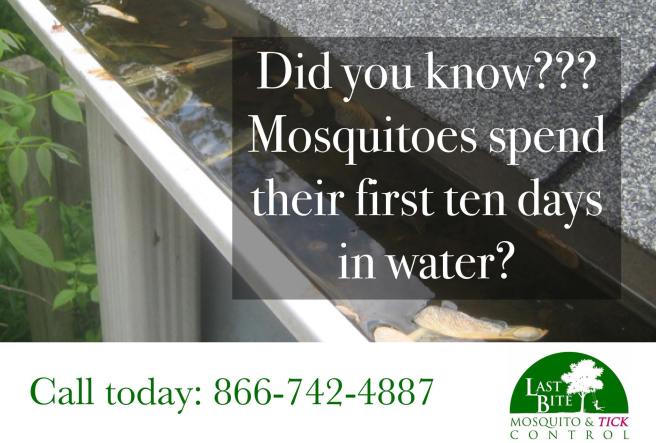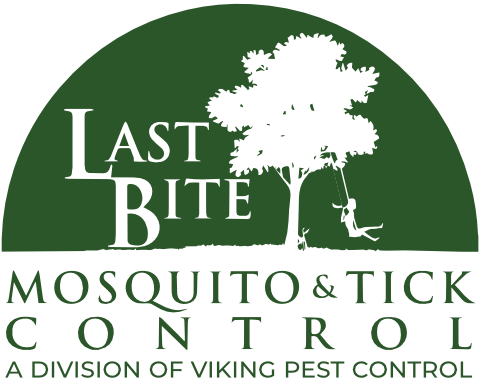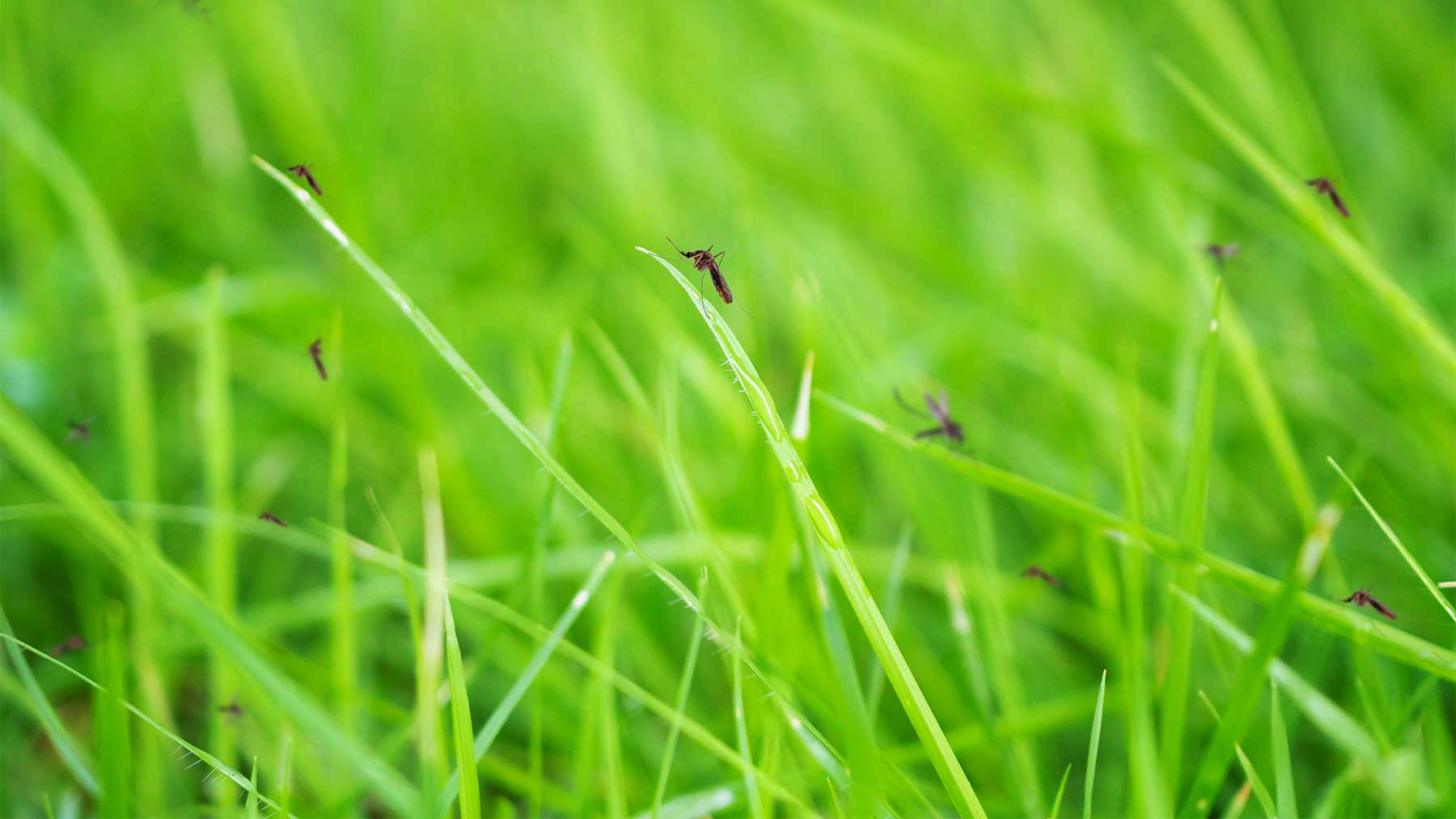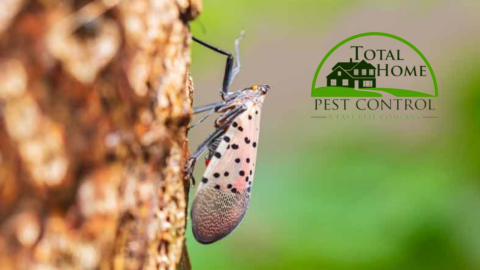Where Mosquitoes Breed
We all want to keep mosquitoes out of our yards. But it’s possible that you are actually inviting them in without realizing it. If you are making some simple mistakes you could be creating ideal conditions for mosquitoes. That’s why it’s important to learn about mosquito breeding grounds to control the mosquitoes in your yard. Once you’ve learned to recognize these hotspots, you’re well on your way to a mosquito-free yard.
There are two main mosquito breeding grounds that are very prevalent but slip under the radar screen of a lot of homeowners. They are stagnant water and unkept grounds. Both of these environments are havens for mosquitoes, so eliminating them is vital for effective mosquito control.
The good thing about eliminating mosquito-friendly conditions in your yard is that mosquitoes don’t tend to fly very far. Most mosquitoes won’t fly more than a few hundreds yard from where they hatched in their whole lifetime. This means that eliminating mosquito breeding grounds from your yard can be very effective, as it is unlikely you’ll be getting a lot of mosquitoes coming from elsewhere.
Mosquito control is largely in your hands. If you learn about these mosquito-friendly conditions and take action, you’re going to benefit from being proactive in controlling mosquitoes in your house and yard. Of course, eliminating mosquito breeding grounds is never 100% effective. That’s because mosquitoes are very persistent and can lay their eggs in even a tiny pool of stagnant water. So if you want 100% mosquito protection, Last Bite Mosquito Control is your best solution.
Eliminate Stagnant Water
Mosquitoes require stagnant water in order to breed. This means that minimizing, if not totally eliminating, standing water can go a long way in eradicating mosquitoes. New Jersey residents create all kinds of areas for water to collect, something that provides mosquitoes with a breeding ground. For instance, a 6-inch-diameter container with a half inch of water is enough for them to reproduce. It is advisable to tip any item containing stagnant water, such as dog bowls, plant saucers, or bird baths.
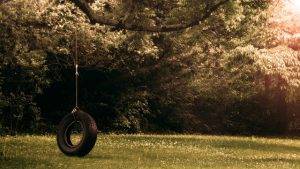
Sometimes homeowners themselves are to blame for creating mosquito habitats close to their homes. If a resident’s yard is full of unneeded items that are holding water, they should be discarded. A good example is old tires that are well-known for holding stagnant water, and which provide a breeding ground for mosquitoes. If they cannot be discarded, holes can be drilled at their bottom to allow water to drain out.
Take a look around your yard for anything that could hold water. Good places to look are in yard furniture, play structures, buckets, wheelbarrows, and around hose spigots and gutter downspouts. Anywhere that water gathers is a potential breeding ground for mosquitoes. Even fallen leaves can hold enough water to become a mosquito nursery, so keep your yard clean and keep leaves raked.
If you have items that hold water but cannot be discarded, such as children’s toys, wading pools, buckets and basins, flip them over when you’re not using them. In case of water that you don’t want to drain, such as rain barrels, fish ponds, or fountains, mosquito dunks can be used to kill mosquito larvae. Dunks are small disks that, when dropped into standing water, release a toxin that kills mosquito larvae only. The toxin causes no harm to birds, fish, or any other animals.
Keep Your Yard Well Manicured
Trees and other plants found near homes offer housing and shade for mosquitoes. Organic materials such as leaves provide them with everything they need to survive and breed. Well manicured lawns with brush trimmed backs do away with areas that mosquitoes can use as habitats. Additionally, cleaning gutters in a way that water can drain freely is recommended.
During the day, mosquitoes prefer resting in protected sites. Yards that have lots of shrubs, trees and dense vegetation provide mosquitoes somewhere to hide. Simply mowing your grass and cutting back hedges can eliminate mosquito hiding spots. Properties adjoining brushy areas, forests, or stagnant water such as a slow moving creek, are at particular risk. Hence, removal of overgrowth and tall weeds from your own yard is an essential part of mosquito removal.
Knowing About Mosquito Breeding Grounds Isn’t Enough
Unfortunately, being proactive yourself in mosquito control is only half the battle. In addition to being vigilant against stagnant water and unkept grounds, it’s vital to make an investment in professional mosquito control. New Jersey is a hotbed of mosquito activity from Spring to early Fall. If you want to enjoy your yard and relax outdoors, you need to have the pros come out and spray for mosquitoes on a regular basis. Learn more aboutLast Bite Mosquito so you know what to expect from professional mosquito control services.
